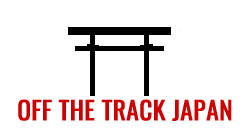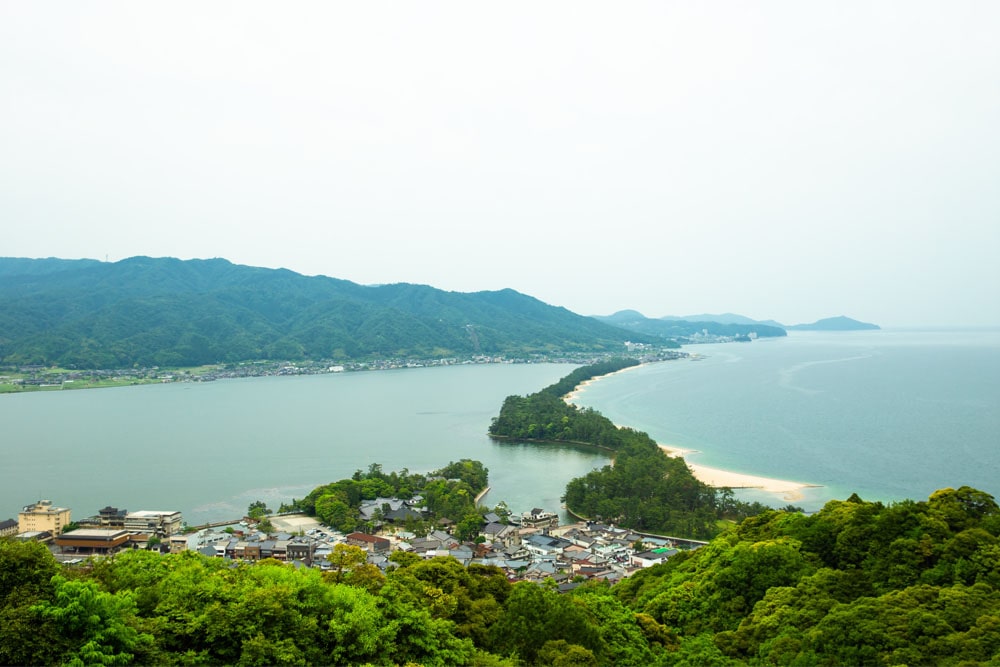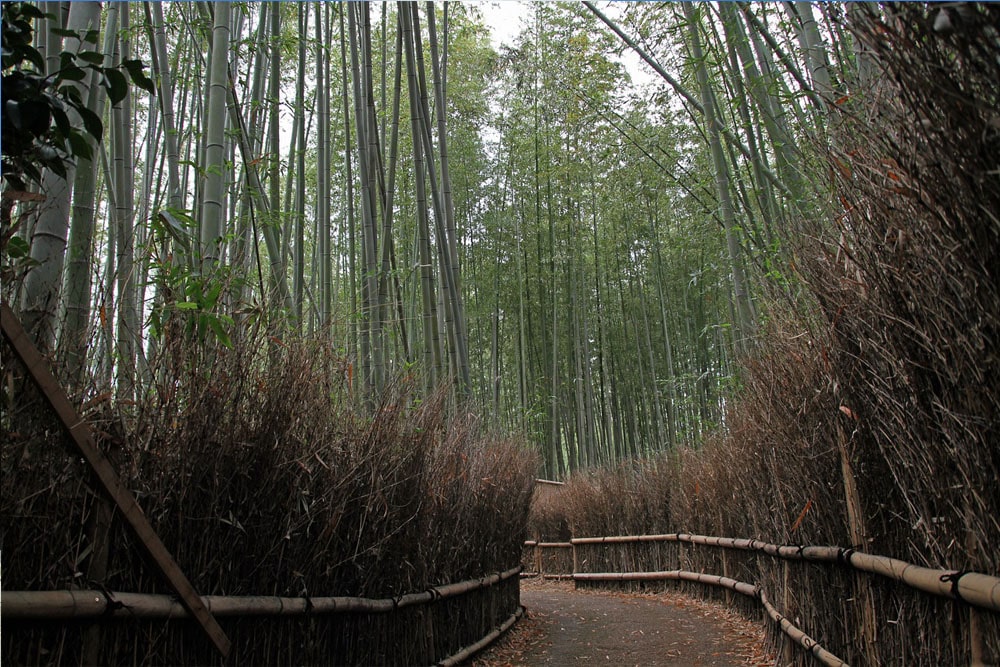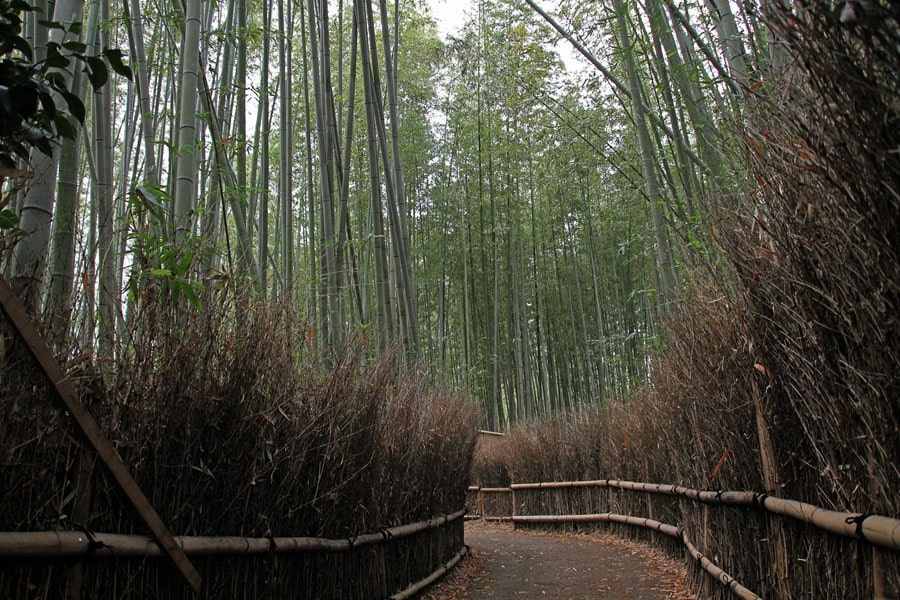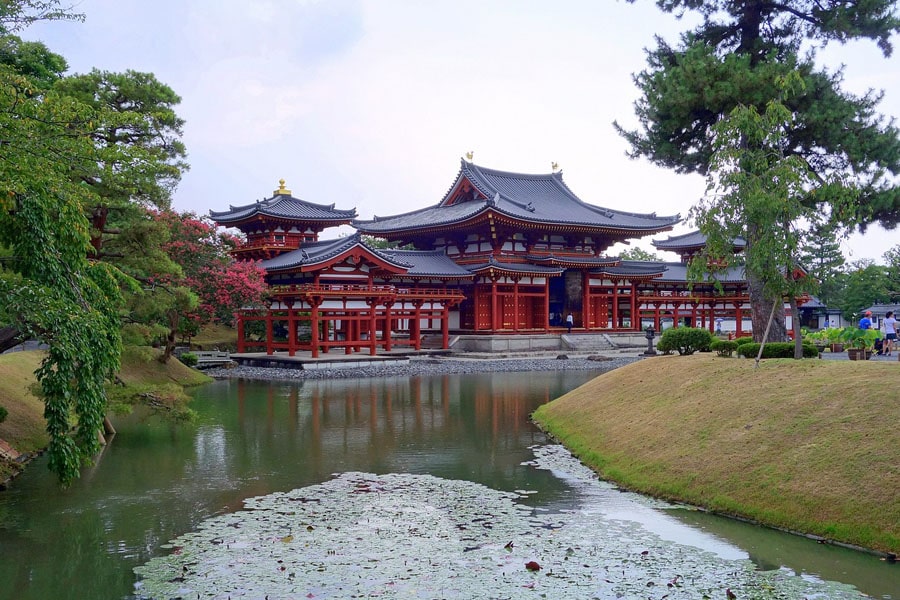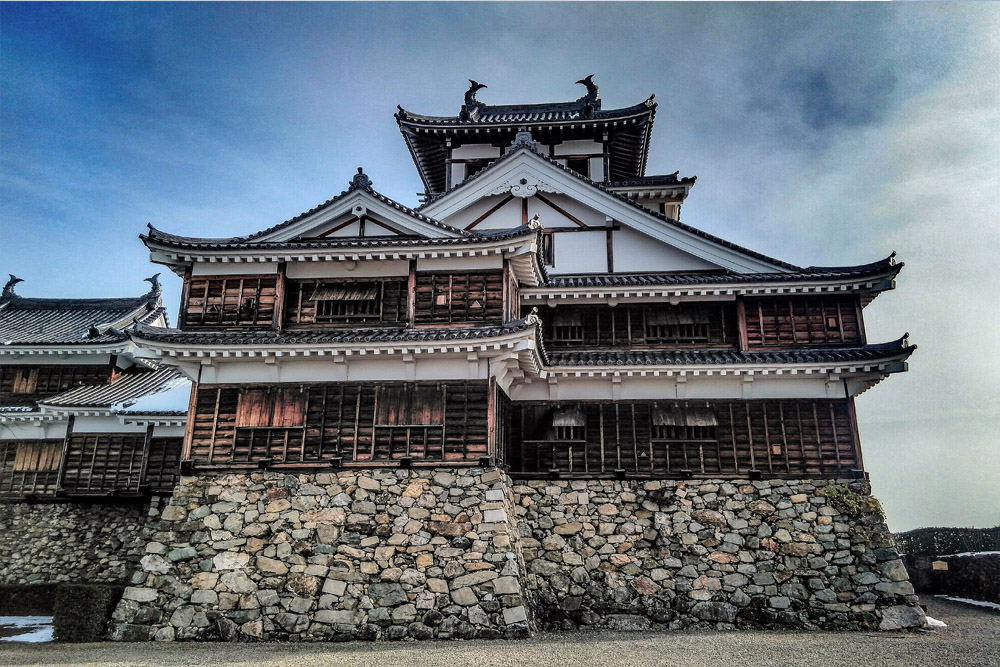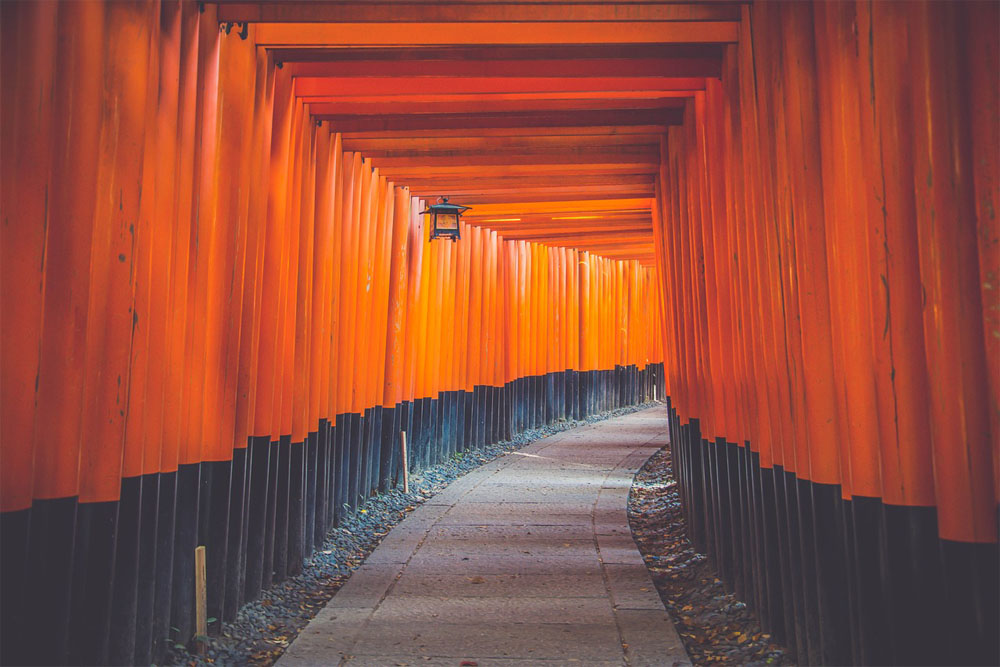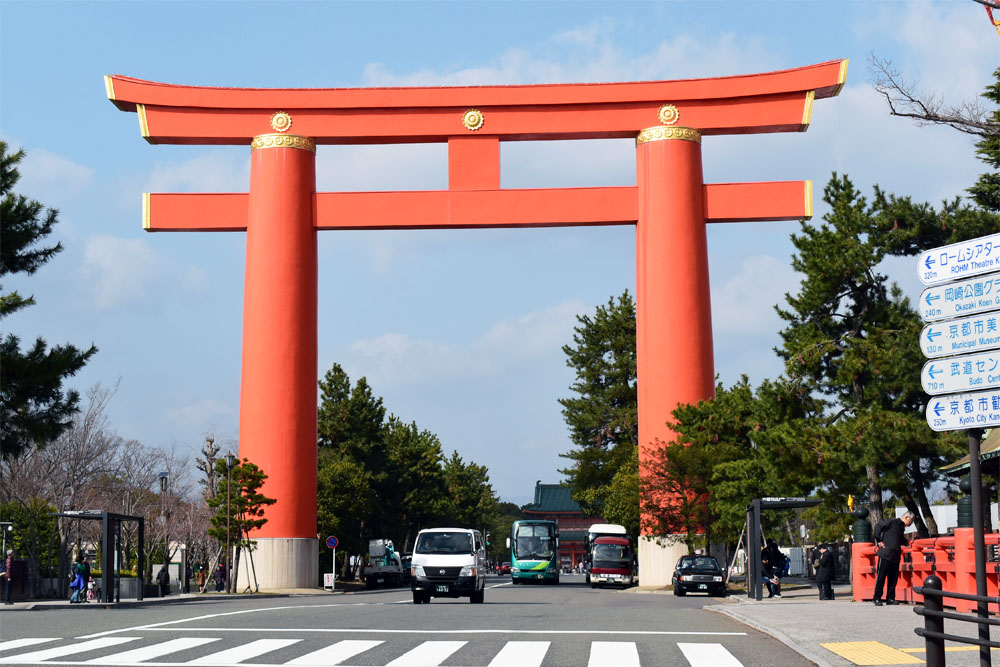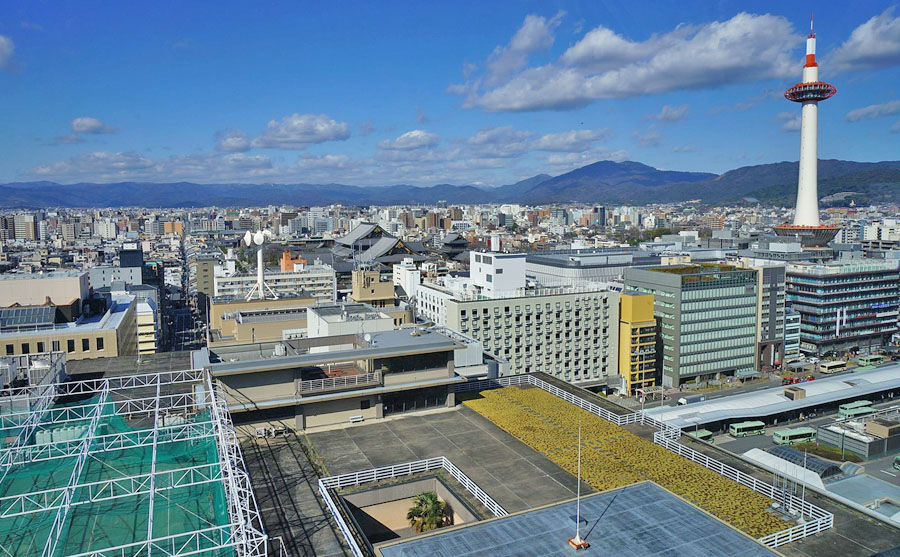
Kyoto Prefecture, located in the Kansai region of Japan, is renowned for its rich cultural heritage, historic landmarks, and natural beauty. The capital city, Kyoto, served as the imperial capital for over a millennium, from 794 to 1868, and is home to numerous UNESCO World Heritage Sites. Visitors can explore iconic attractions such as the Fushimi Inari Shrine, Kinkaku-ji (Golden Pavilion), and Kiyomizu-dera, each representing the sublime blend of traditional Japanese architecture and spirituality.
Beyond its cultural significance, Kyoto Prefecture boasts picturesque landscapes, including the Arashiyama Bamboo Grove and the Higashiyama Mountains. The region experiences distinct seasons, with cherry blossoms in spring and vibrant foliage in autumn attracting millions of tourists annually. Kyoto is also celebrated for its traditional arts and crafts, such as tea ceremonies, ikebana (flower arranging), and geisha performances.
Beyond Kyoto City, Kyoto Prefecture is home to Amanohashidate, a famous attraction known as one of the top 3 sites of Japan.
Modern Kyoto harmoniously coexists with its historic roots, featuring a mix of ancient temples and modern establishments. The prefecture is a center for academic and technological advancements, with prestigious universities and research institutions contributing to Japan’s global standing.
No trip to Japan could be complete without visiting Kyoto prefecture.
Popular destinations among other readers
Start planning your trip to Japan, book your accommodation now!
Destinations in Kyoto Prefecture
Tours & Experiences
Getting Around Kyoto
Kyoto city can be easily reached from Tokyo, taking just over 2 hours on the bullet train, costing 14,170 JPY
Kyoto has an extensive public transport network, utilising a variety of JR lines, subway, light rail, all supported by a bus network. Because of this, getting around Kyoto is incredibly easy. Kyoto is also a very walkable city, with good pedestrian infrastructure which makes navigating between tourist destinations a breeze.
Outside of Kyoto city, Japan Rail has rail lines that go east to Shiga Prefecture, and north west, through to Amanohashidate.
Discover Japan like never before with the Japan Rail Pass (JR Pass), your ticket to seamless travel across the Japan. Unlock the full potential of Japan’s extensive rail network, renowned for its punctuality, comfort, and convenience.
Forget the hassle of purchasing individual tickets for every journey. The JR Pass offers exceptional value for money, available in flexible durations ranging from 7 to 21 days, allowing you to tailor your travel experience to suit your itinerary. Read More…
Where to stay in Kyoto
Kyoto Tower Hotel
The Kyoto Tower Hotel is a centrally located hotel in the heart of Kyoto. With spacious rooms, the Kyoto Tower Hotel is ideal for travelling with families.
Book Now (Booking.com)Book Now (Agoda)Hotel Granvia Kyoto
Located within Kyoto Station, the Hotel Granvia Kyoto is a stylish and modern hotel, with super convenient access to the train lines for easy exploring in Kyoto.
Book Now (Booking.com)Book Now (Agoda)Gion Elite Terrace
The Gion Elite Terrace is located in the cultural heart of Kyoto, being on a short walk from the Famous Yasaka shrine, Kiyomizu-dera Temple, Hokan-ji, and some of the historic architecture of Kyoto.
Book Now (Booking.com)Book Now (Agoda)